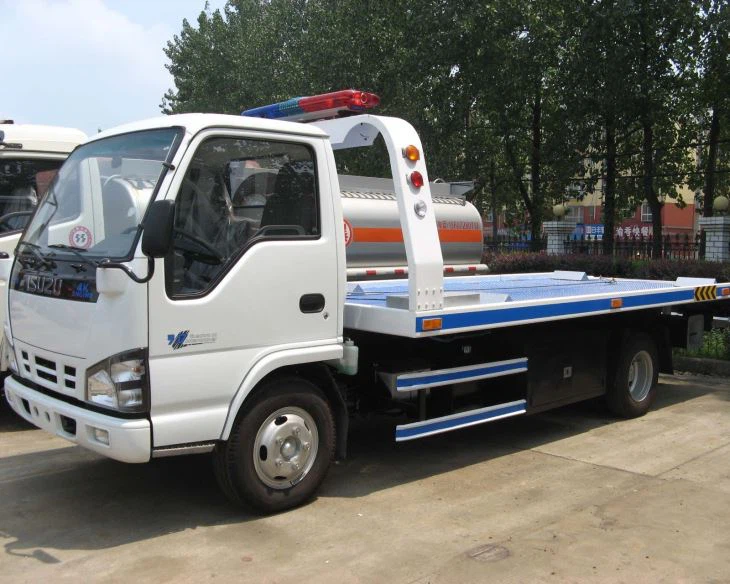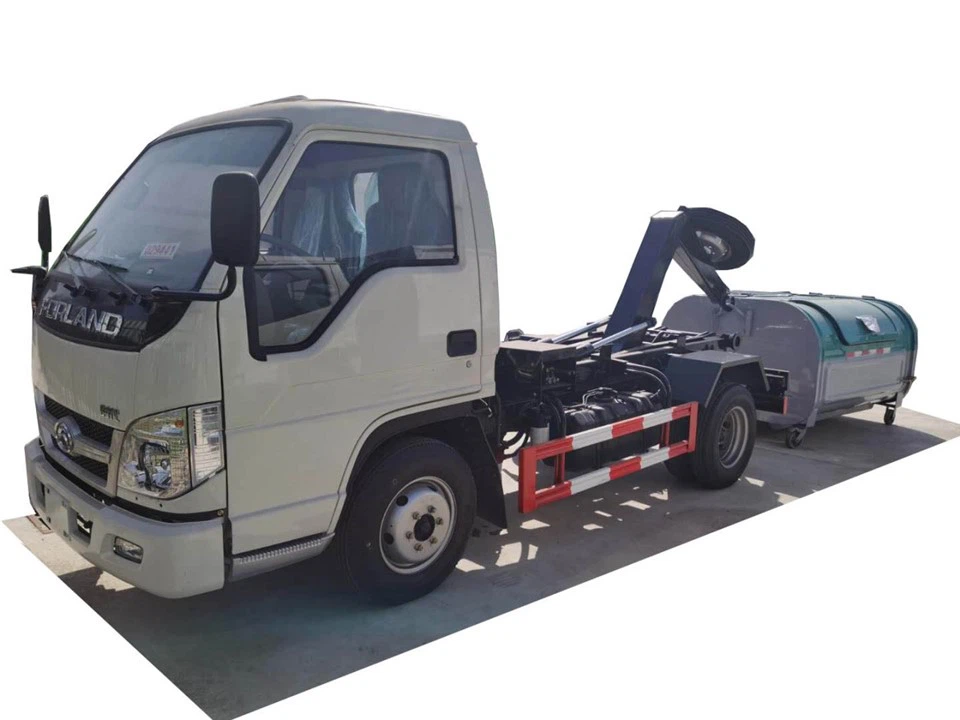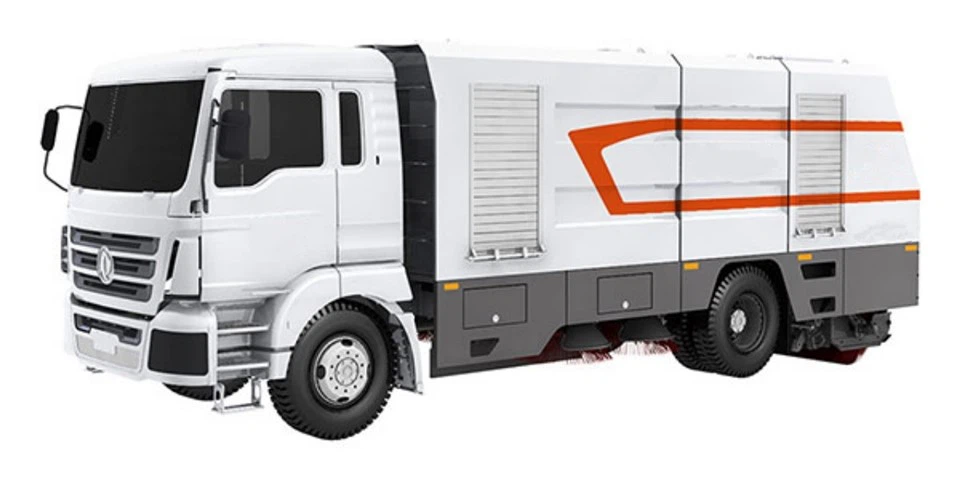Sewage Vacuum Truck for Sale: A Comprehensive Guide

If you’re in the business of waste management, construction, or maintenance, you might find yourself in need of a sewer vacuum truck. These specialized vehicles play a pivotal role in cleaning out sewage and waste effectively. In this article, we’ll explore everything you need to know about sewage vacuum trucks for sale, including their features, uses, purchasing tips, and more.
What is a Sewage Vacuum Truck?
A sewage vacuum truck, also known as a vacuum tanker or vacuum truck, is designed to collect and transport liquid waste, including sewage and sludge. Featuring a large tank and suction hoses, they utilize suction technology to remove waste from various sites, making them indispensable in maintaining sanitary environments.
Primary Components of Sewage Vacuum Trucks
1. Tank
The tank is the most crucial part of the sewage vacuum truck. It’s typically made of stainless steel or aluminum to withstand corrosive materials. Tank sizes can vary but usually range from 500 to over 4,000 gallons.
2. Pump System
The pump system creates the necessary vacuum to suction waste material. Depending on the application, pumps may vary in type, including positive displacement pumps and centrifugal pumps, offering different benefits.
3. Hoses and Fittings
High-quality hoses and fittings ensure that liquid waste is transferred efficiently. Hoses could range in diameter from 2 inches to over 6 inches, depending on the type of waste being extracted.

4. Controls
Modern sewage vacuum trucks come equipped with user-friendly controls that allow operators to regulate the suction power and monitor tank levels easily. Electronic controls offer greater precision.
5. Safety Features

Safety is paramount when dealing with hazardous waste. Many sewage vacuum trucks include features like tank level indicators, pressure relief valves, and safety alarms to prevent accidents.
Common Uses of Sewage Vacuum Trucks
1. Municipal Waste Management

Urban areas often utilize vacuum trucks for cleaning sewer systems, manholes, and catch basins to prevent clogs and maintain public health.
2. Industrial Applications
Industries such as food processing or chemical manufacturing use sewage vacuum trucks to maintain clean environments by removing sludge and waste from processing areas.
3. Emergency Services
During natural disasters or unexpected plumbing issues, sewage vacuum trucks are deployed to remove excess wastewater and reduce the risk of contamination.
4. Construction Sites
Construction sites may generate liquid waste that needs to be removed promptly. A sewage vacuum truck can quickly clear waste, allowing operations to proceed without delays.
Factors to Consider When Buying a Sewage Vacuum Truck
1. Tank Capacity
Choosing the right tank size depends on the typical jobs you’d be handling. Larger tanks mean fewer trips to disposal sites but can be more expensive and harder to maneuver.
2. Pump Efficiency
The pump’s efficiency is critical for effective waste removal. Assess the pump’s specifications to ensure it meets your volume and depth requirements.
3. Build Quality
Inspect the construction materials of the tank and other components. A durable build will ensure longevity and reduce maintenance costs over time.
4. Compliance with Regulations
Be sure to check your local regulations regarding waste removal. Ensure the truck meets all compliance standards to avoid fines and legal issues.
5. Brand Reputation
Research different manufacturers. A reputable brand often translates to better quality vehicles, customer support, and warranty options.
Where to Find Sewage Vacuum Trucks for Sale
1. Dealerships
Established dealerships often offer new, reliable vacuum trucks. They might also provide financing options to make your purchase easier.
2. Online Marketplaces
Websites like eBay, Craigslist, or specialized heavy equipment sales sites have listings for both new and used sewage vacuum trucks. Always verify the seller’s credibility and condition of the vehicle before purchasing.
3. Auctions
Auction houses often have great deals on used sewage vacuum trucks. Be prepared to perform thorough inspections and possibly spend on repairs.
4. Trade Shows
Industry trade shows are excellent opportunities to see various models in person, meet manufacturers, and often find exclusive deals.
Pricing Trends for Sewage Vacuum Trucks
The price of a sewage vacuum truck can vary significantly based on several factors:
| Truck Type | Price Range |
|---|---|
| New Trucks | $100,000 – $300,000 |
| Used Trucks | $30,000 – $150,000 |
| Custom Builds | $200,000 – $500,000 |
Maintenance Tips for Sewage Vacuum Trucks
1. Regular Inspections
Schedule regular inspections to maintain safety and performance. Pay attention to the tank, pump, hoses, and overall operation.
2. Cleaning the Tank
After usage, ensure that the tank is cleaned thoroughly to prevent the buildup of waste and odors, as well as prolonging the lifespan of the tank.
3. Monitor Pump Pressure
Keep an eye on pump pressure readings to catch any potential malfunctions early on. Low or fluctuating pressure may indicate wear.
4. Check Seals and Hoses
Inspect the integrity of seals and hoses regularly; replace any worn-out parts to prevent leaks and maintain operational efficiency.
Tips for Operating Sewage Vacuum Trucks
1. Training Operators
Proper training is essential for operators to handle the truck and equipment safely and effectively, mitigating the risk of accidents.
2. Following Safety Protocols
Ensure all safety protocols are followed while operating the truck. This includes wearing appropriate personal protective equipment (PPE) and maintaining communication with the team.
3. Operating Near Traffic
If operating near traffic, take extra precautions, such as using warning lights and cones to alert drivers of the work zone.
4. Leverage Technology
Consider utilizing technology like GPS and monitoring systems for better tracking and operation management.
FAQs about Sewage Vacuum Trucks
1. How often do sewage vacuum trucks need to be emptied?
It depends on the size of the tank and the volume of waste being collected. Generally, tanks can be emptied based on capacity, often after 1-3 job sites.
2. Can I use a sewage vacuum truck for other liquids?
While primarily used for sewage and sludge, vacuum trucks can handle a variety of liquids, but it’s important to ensure compatibility with the truck materials.
3. Are newer models of sewage vacuum trucks more efficient?
Yes, newer models tend to have more efficient pump systems, better fuel economy, and advanced features that enhance performance and ease of use.
4. What should I do if the vacuum truck has a leak?
If you suspect a leak, stop using the truck immediately and inspect it. Repair or replace damaged hoses, seals, or tank components as necessary.
5. How much should I budget for maintenance?
Maintenance costs can vary widely based on usage. It’s wise to set aside around 10-15% of the purchase price annually for upkeep and repairs.
6. What are the challenges of operating a sewage vacuum truck?
Challenges include ensuring safety when handling hazardous waste, the need for continuous maintenance, and compliance with environmental regulations.
